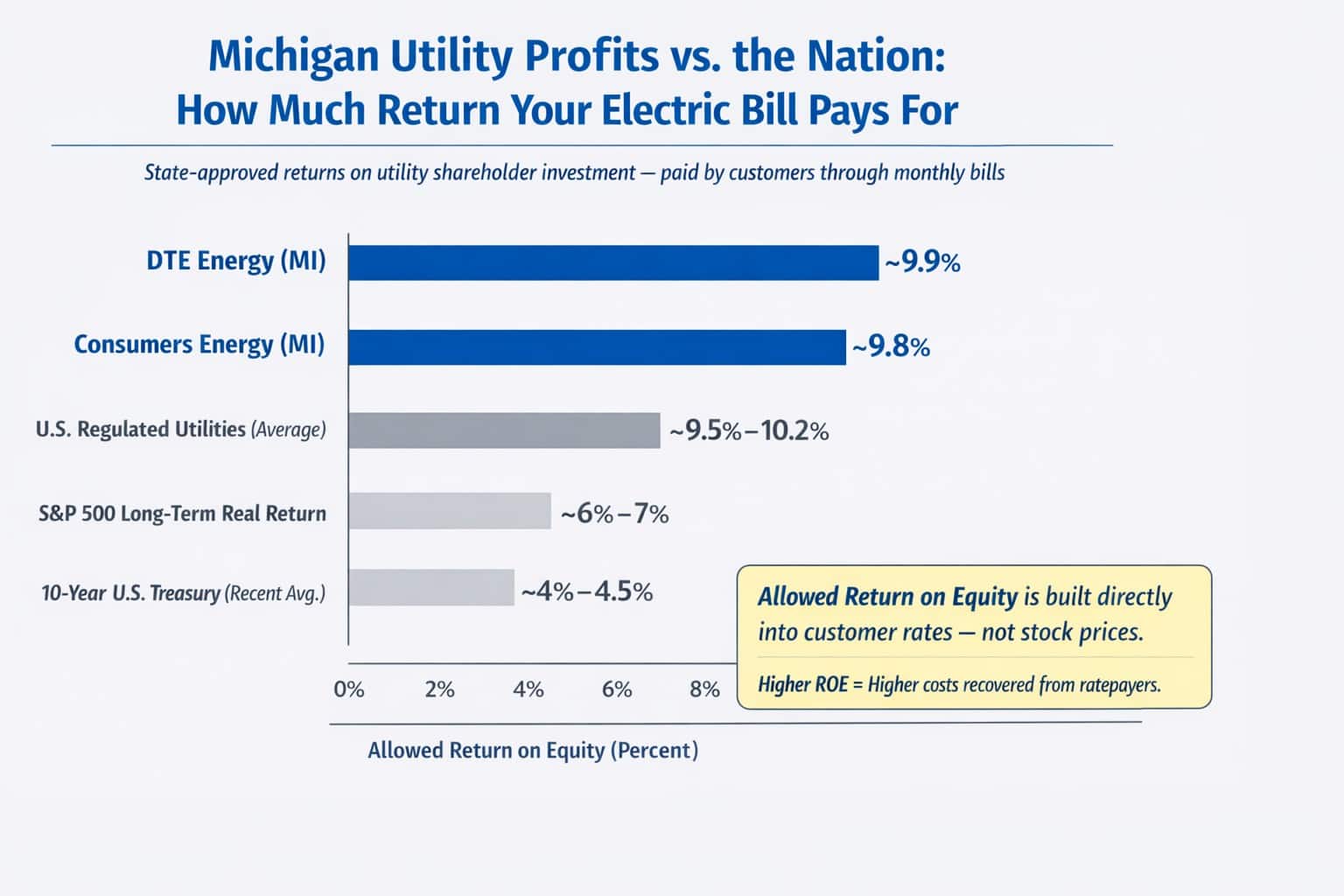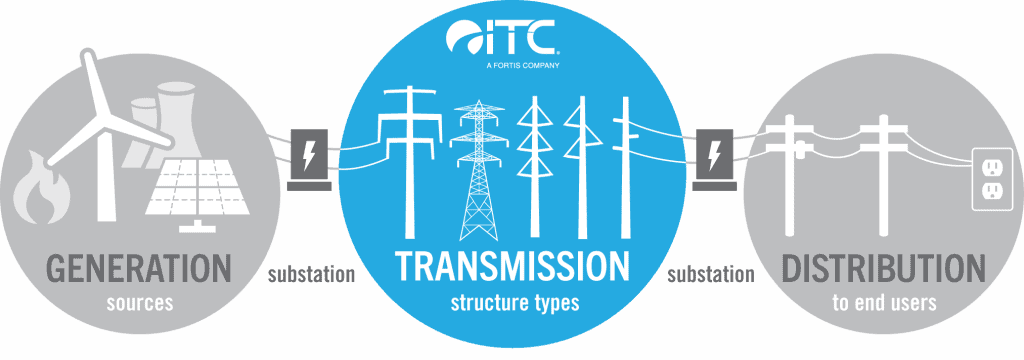GRAND RAPIDS – Aquinas joined more than 2.7 million college students and staff across the country in a National Wildlife Federation competition to reduce the campus waste footprint through minimization efforts. The participating colleges donated, composted and recycled more than 30.7 million pounds of waste.
As a result, they have collectively kept more than 105 million single-use plastic containers out of landfills and prevented the release of 23,174 metric tons equivalent of carbon dioxide into the atmosphere, equal to avoiding the annual emissions from 5,515 cars
.“This year’s college and university competition participants made enormous strides on waste reduction and integrating sustainable practices throughout their campuses,” said Kristy Jones, director of higher education programs at the National Wildlife Federation. “These collective actions to reduce the schools’ waste footprints are inspiring and are making a tangible positive impact on the environment.”
These schools run the gamut – urban and rural, public, and private, large and small,” says Stacy Wheeler, president and co-founder of the competition. “Their success shows that waste reduction in any type of community is possible, and is a testament to every student, faculty and staff member who made these accomplishments happen.”
Aquinas 2024 Results
● AQ won first place in the Food Organics Category, small campus division!
● AQ recycled 8,599 pounds and composted 19,060, bringing their Cumulative Diversion
Rate to 57.8%.
● Regarding its cumulative greenhouse gas reductions, the AQ campus saved 14 metric
tons of CO2 equivalent.
Aquinas uses a variety of waste minimization strategies and education methods to aid in its zero
waste initiative:
● Almost all “lone” trash cans have been eliminated and replaced with waste stations
(compost, recycling and trash) campus-wide. Waste stations are provided on each floor
in every campus building (with educational signage) and in all campus apartment units.
Special collection areas are provided in nearly every building for hard-to-recycle items,
like electronic waste and candy wrappers.
● All campus takeout containers, cups and cutlery are certified compostable, streamlining
zero waste efforts in dining areas.
● Campus Dining maintains an 85% waste diversion rate and donates extra food to help
the community each week.
● Using data from the Center for Sustainability at Aquinas College, monthly building report
cards with waste diversion rates are posted in campus buildings to inform community
members about their performance.
● The Center provides extensive hands-on zero waste training to all resident assistants,
orientation leaders, new staff members and new students.
“Aquinas College’s success in this ‘Campus Race to Zero Waste’ is a testament to our robust and mature zero-waste initiative that began in 2012. Our students, staff and faculty are working together to replace the culture of waste with new habits that preserve resources for present and future generations,” states Jessica Bowen, Executive Director of the Center for Sustainability at Aquinas College.
Learn more about Aquinas’ waste minimization efforts at:
https://www.aquinas.edu/offices/sustainability-initiative/
For more details about our categories and winners, please visit the 2024 Scoreboard.
Campus Race to Zero Waste – formerly known as RecycleMania – is the nation’s premier waste reduction and recycling competition among colleges and universities, managed by National Wildlife Federation, and governed by RecycleMania, Inc. Campus Race to Zero Waste has been helping campuses minimize waste and improve their recycling efforts, since its launch in 2001.






